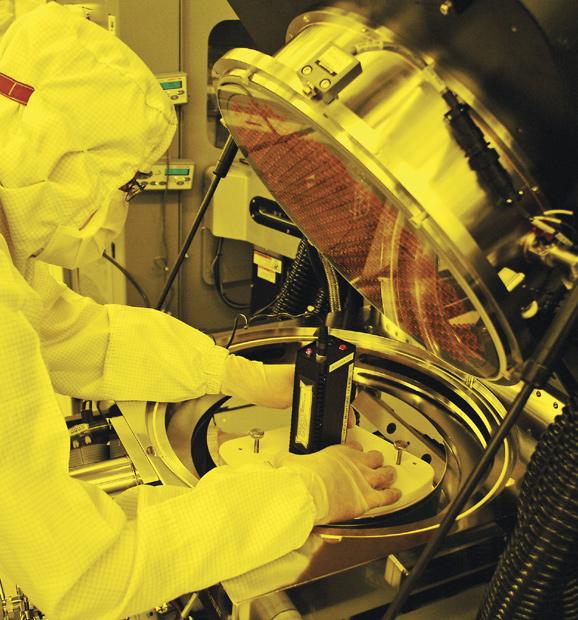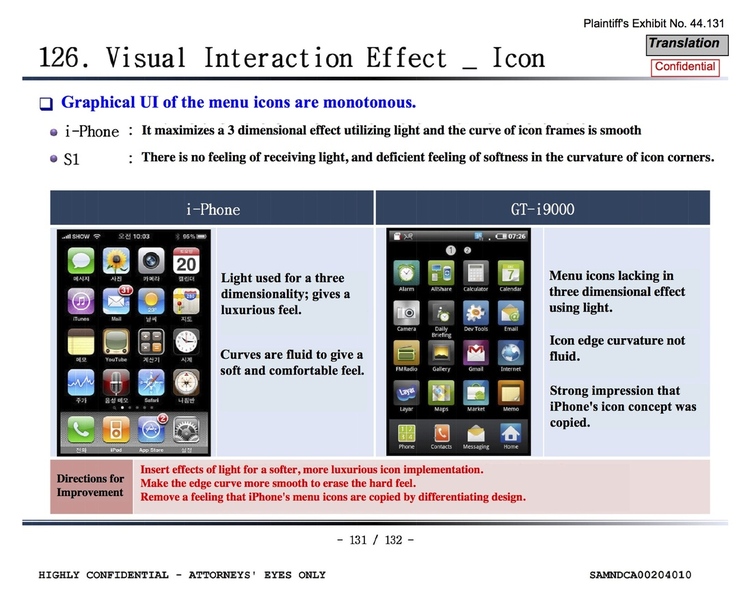Apple isn't the only company grappling with its relationship to Samsung as both a smartphone component supplier and handset competitor. HTC recently complained that Samsung has "strategically declined" to provide it with crucial parts for years.
A report by Focus Taiwan cited Jack Tong, the president of HTC North Asia, giving an example of Samsung exploiting its needs as a component customers in order to sabotage HTC's smartphone operations and disrupt its sales.HTC: "We found that key component supply can be used as a competitive weapon."
Tong noted that after HTC had developed its Desire phone using an Samsung AMOLED screen in 2010, as soon as its sales began taking off Samsung "strategically declined" to fill orders for the critical component, forcing HTC to redesign its product.
HTC's Desire won the "Highly Commended" award at the 2011 Mobile World Congress, with judges noting it "set the bar for Android phones across much of the world in 2010," making it a clear target for Samsung.
"We found that key component supply can be used as a competitive weapon," Tong said.
Taiwan declares war on Korea
In response, HTC has worked with Taiwan's Ministry of Economic Affairs to develop a local supply chain, both to ensure component availability and to lower costs for domestic manufacturers in the country. The Ministry is also working with Acer and Asustek (a firm Apple used to build the original iBook and MacBooks) to recruit foreign companies to develop display and other component production in Taiwan.
Taiwan's Fair Trade Commission has already launched an inquiry into Samsung's business practices following reports that the company paid people to disparage other brands online using social networks.
Samsung was also reported to have launched an internal "Kill Taiwan" campaign, which has helped to strengthen relationships between Apple and Taiwan, particularly Taiwan Semiconductor Manufacturing Co., which Apple is investing billions into in order to shift its ARM processor fabrication orders away from Samsung.
Samsung suffers blowback after weaponizing its component supply
Apple has similarly taken steps to shift production and component orders away from Samsung, but the company remains one of Apple's largest (if not the largest) suppliers for displays, memory, processor fabrication and other components, primarily because Samsung has invested billions in developing a vast component production facilities.
Unlike smaller companies like HTC, Apple has long had the capital to sign long term contracts, limiting its exposure to Samsung's supply shenanigans. However, the tight vertical integration within the massive Samsung Electronics conglomerate has also meant that Apple's confidential orders with Samsung's semiconductor group were illicitly shared within the company as part of Samsung's weaponizing its component relationships.
Samsung's U.S. patent trial exposed how the company leveraged its tight relationship with Apple to develop its counterfeit Galaxy brand in 2010, beginning with an intense, three month cloning effort to steal Apple's trademarks, patented designs and other technologies in the iPhone 3GS.
Samsung is only beginning to see the downside of competing against its best customers, with Apple's Galaxy case still dragging through the courts three years later, Apple's own efforts to leave Samsung progressing slowly, and replacement supplier efforts like Apple's TSMC ARM chip plans and those of the Taiwan government just beginning to get started.
The company has scrambled to improve its image however, with executives meeting last fall in an emergency session to construct the notion of a "strict internal firewall" that ostensibly protects its customers' strategic, confidential orders and other information from other parts of Samsung that directly compete against those same customers.
In addition to Apple, HTC and other companies in Taiwan, Nokia is also rumored to working distance itself from Samsung. A source familiar with the situation told AppleInsider that Samsung has "a record of getting orders for next-gen components, then canceling the orders. And then they show up in a Samsung phone."
Google needs Samsung to keep Android relevant
Google has attempted to keep peace within the Android ecosystem, partnering with both HTC and Samsung to develop Nexus branded devices. It even paid an astronomical $12.5 billion to acquire Motorola, largely to prevent the company from starting a patent war with other Android licensees, including Samsung.
Samsung's conduct is particularly interesting because it is now the only really successful Android licensee. However, Samsung also increasingly relies upon its own Galaxy brand rather than promoting Android as a platform.
The company has recently put its resources behind Tizen, an independent Linux project formed with Intel that Samsung could use to marginalize Android into being nothing more than a hobbyist platform leveraged by cheap phone makers for overseas markets that don't even use Google services or its Play store.
Without Samsung, Android would be virtually worthless to Google.
 Daniel Eran Dilger
Daniel Eran Dilger








-m.jpg)






 Marko Zivkovic
Marko Zivkovic
 Christine McKee
Christine McKee
 Andrew Orr
Andrew Orr
 Andrew O'Hara
Andrew O'Hara
 William Gallagher
William Gallagher

 Mike Wuerthele
Mike Wuerthele
 Bon Adamson
Bon Adamson


-m.jpg)



38 Comments
This is what you get when you rely on companies whose executives are corrupted and full of scandals!
Hello, proofreaders! Where are you??? Not to mention overly sensationalist sub-headings.
Sammy would never do anything this sleazy. /s Anti trust issues in Korea? Nothing a few bribes can't cure.
Hello, proofreaders! Where are you???
"Out too launch."
Scamsung is being douchey to a competitor? I for one am shocked to hear this, lol.
I hope they go under soon.